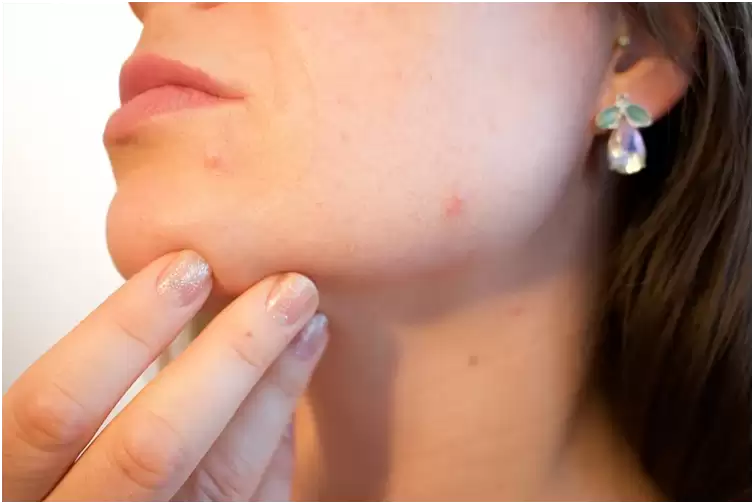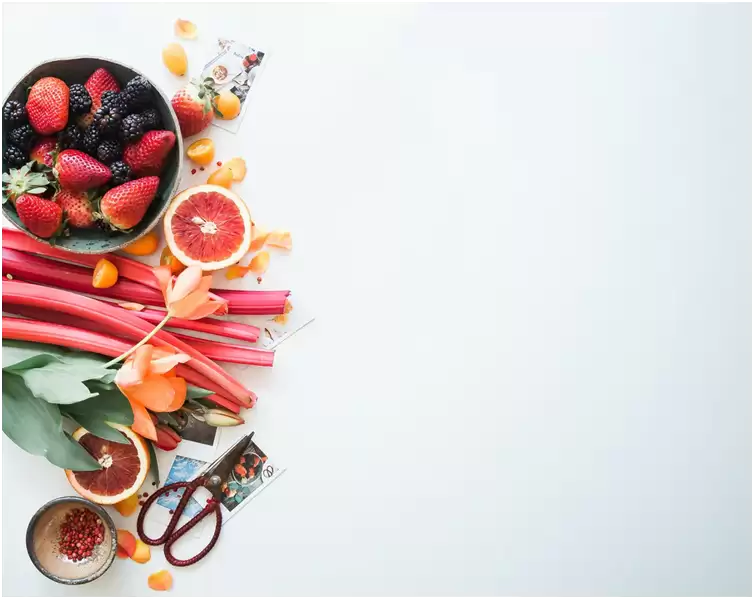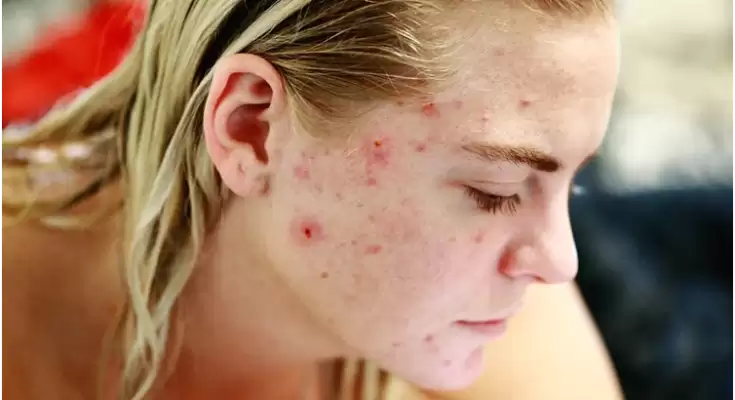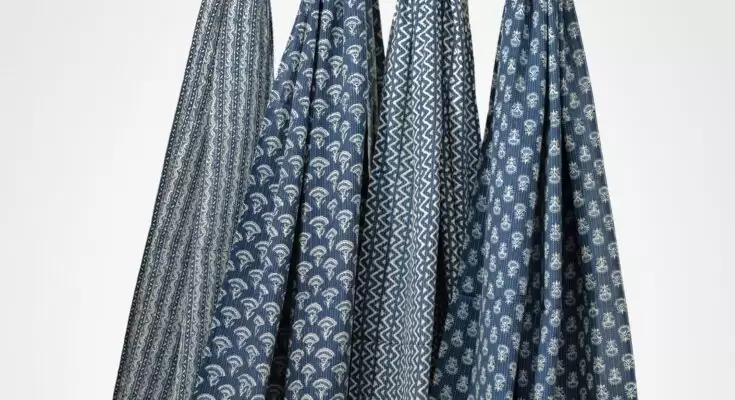Acne is a common skin problem that affects up to 50%of a million Americans annually. It can result in various kinds of blemishes, including whiteheads, blackheads, and pimples, mainly on the face, forehead, and chest. Besides, there are numerous causes, including stress, high humidity, fluctuating hormone levels, and using oily or greasy personal care products.
There are several products available to treat acne. However, The Food and Drug Administration has already notified that these products can cause severe reactions, including throat tightness and swelling of the face, lips, or tongue. Here are five proven ways to get rid of acne faster.
Five Ways to prevent Acne
1. Wash your Face Daily
Wash your face twice a day with an oil-free mild face wash to remove the excess dirt and oil from your skin. Remember that over-washing the face can cause the skin to become dry. Consequently, your skin will easily strip away all of the good oils your skin requires to stay healthy.
Washing your face daily helps in reducing the redness and kills the bacteria associated with acne formation. In addition to this, it is recommended to remove all of the makeup so that you can have clear skin before heading to bed.
Here is a quick tip for you, ensure to keep a pack of stash wipes as it is a convenient option for those emergencies when you don’t have access to water or feel too tired to wash your face.
2. Use Essential Oils
If you have acne-prone skin and searching for an alternative toreplace drugstore treatment with natural products, consider essential oils. It is also known as volatile/ethereal oils, or simply as the oil of the plant from which they are extracted, such as oregano oil.
A 2018 study found that Oregano essential oils hold the strongest antimicrobial activity against P. acnes and Staphylococcus epidermidis, another significant acne-associated bacterium. Hence, oregano oils can be an effective treatment to prevent skin from acne formation.
Another natural treatment for treating Acne is full-spectrum CBD oil. A 2017reviewfound that full-spectrum CBD oils may help reduce the amount and severity of acne as it holds anti-inflammatory properties. Such properties help calm skin and reduce the redness that acne can cause.

3. Limit the Usage of Makeup
Using makeup products to cover pimples and inflammation on the skin can block the pores. Taking a break from makeup can assist your skin to repair itself. However, if you still wish to apply makeup products, ensure to choose a base (foundation and concealer) that is non-comedogenic and fragrance-free. This enables these into remain hydrated and keeps it free from breakouts.
Additionally, a tinted moisturizer that holds salicylic acid properties needs to be on your vanity so that your skin will get good coverage and also prevent pimples and inflammation.
4. Limit Sun Exposure
Sun exposures are harmful to the skin and can cause sun inflammation. But if you have acne-prone skin, harmful UV rays can cause complications in the long run too. As frequent sun exposure can dry and thicken the epidermis (the top layer of our skin) eventually and cause seven more oil, it can lead to further breakouts.
It’s essential to apply sunscreen to your face and neck areas to safeguard the skin from the sun. Remember, many sunscreens hold heavy and greasy textures, so it’s ideal to opt for a noncomedogenic, oil-free sunscreen.

5. Avoid Unhealthy Food
Having an unhealthy diet can be a significant factor contributing to acne. Reducing the consumption of processed food, alcohol, dairy products, and refined sugars can help relieve your pimples. According to a new study published in the medical journal JAMA Dermatology, there’s a connection between the chances of having acne and consumption of:
- High-fat foods like dark chocolates, milk, meat,cheese, etc.
- Sugary foods include candy,cakes, andsugar-sweetened drinks.
On the other hand, eating low-glycemic foods made of complex carbohydrates can lessen the redness and acne from the skin. Following are the food rich in complex carbohydrates.
- Whole grains
- Legumes
- Unprocessed fruits and vegetables
Following are the ideal food choices for acne-prone skin:
- Nuts
- Beans, peas, and lentils
- Pumpkin seeds
- Quinoa
- Brown rice
- Blueberries
- Tomatoes
- Dark green and leafy vegetables,includingSpinach,Mustard greens, Bok choy, and Rapini.
- Yellow and orange fruits and vegetables, including Oranges, Grapefruits, Lemons, Apricots, etc.
Before introducing anything new to your diet, ensure to talk to your dietician to see what works best. Also, consider any food allergies you might hold when planning your diet.
In Conclusion
Countless factors cause acne, including genetics, stress, high humidity, fluctuating hormone levels, and using oily or greasy personal care products. Cleaning the skin regularly along with a mild face wash, can help reduce acne. Carefully select the right skincare products and avoid greasy, oily products, as such products are not appropriate for acne-prone skin.








